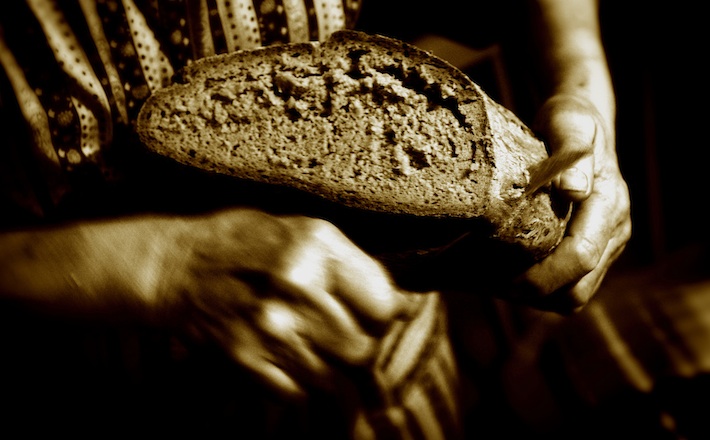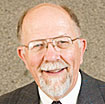Commentary on 2 Samuel 11:26—12:13a
In last Sunday’s semi-continuous First Lesson (2 Samuel 11:1-15), we learned about David’s adultery with Bathsheba, the pregnancy that followed, and David’s attempt to get Bathsheba’s husband Uriah to sleep with her and thus cover up the crime.
The intervening verses between that First Lesson and this one tell how David sent Uriah back to the battle line, carrying a letter that would lead to his death. While David’s general Joab feared how David might react to the wider casualties that resulted from Joab’s plan to kill Uriah, David waved off such concern with a breezy comment that there are always casualties in war (2 Samuel 11:16-25).
In this Sunday’s First Lesson, Nathan tells David a story that tricked the king into condemning himself. A rich man had many flocks and herds, and a neighboring poor man had only one little ewe lamb. The poor man turned this lamb into a household pet that became almost like another daughter. When the rich man got unexpected out-of-town company, the rich man seized the poor man’s lamb and served it up for dinner. David was outraged and swore an oath that the rich man deserved to die and ought to give the poor man four lambs in restitution. In addition to this blatant crime, David noted that the rich man had shown no compassion.
Nathan shouted: “You are that rich guy!” Nathan reminded David that Yahweh had anointed him as king, rescued him from Saul, given him Saul’s dynasty and his concubines, and the two kingdoms of Israel and Judah. In addition to showing no compassion, David had stolen Uriah’s wife and killed her soldier husband, both of which are capital crimes in the Hebrew Bible and constitute explicit violations of two of the Ten Commandments. David was to face a series of endless wars, rebellion in his own household (the story of Absalom), and the public sexual violation of members of his own harem (2 Samuel 16:21-22).
The First Lesson ends with David’s confession of his sin. Many readers find Nathan’s subsequent absolution of David much too quick and the death of the illegitimate child of David and Bathsheba unfair (2 Samuel 12:13b-15). The birth of Solomon after the marriage of David and Bathsheba is accompanied by God’s love for him.
What might preachers say about this First Lesson?
- Many of the heroes in the Old Testament were flawed people, brazen sinners. God chooses similarly flawed people today — us! Any claim by us of perfection or of meriting our place in the church and in the waiting line for heaven is easily exposed by a close inventory of our behavior. We begin many of our services with confession and absolution — for good reason.
- There is no sin that cannot be forgiven. We all sin against God, the members of our communities, and against our better nature. Sometimes we underestimate the depth of our misdeeds, and sometimes we have a hard time believing that God’s love in Jesus Christ does wipe out our sins. The grace we receive is costly grace.
- Does the Old Testament cut David too much slack? Did this politician get away with both adultery and murder? Do the wealthy and powerful in our society get a break from the criminal justice system? The high rate of incarceration among the poor and ethnic/racial minorities in the United States stems in large part from the unfairness of our court system.
- Nathan spoke truth to power. He did so in a clever way that caused David to convict himself, but he did speak truth to power. We are often intimidated by the status or power of sinners or sinful institutions. Dare we say, “You are the one!”
- Sin has consequences. In David’s case it messed up his family and his royal administration. Sin can divide our congregations, our families, and our society. That is especially true of sins like racism or failure to accept people for what they are.
- Preachers on this text must recognize their own vulnerabilities, their own sins. “I confess to God almighty, before the whole company of heaven, and to you, my brothers and sisters, that I have sinned by my own fault in thought, word, and deed.”


August 2, 2015